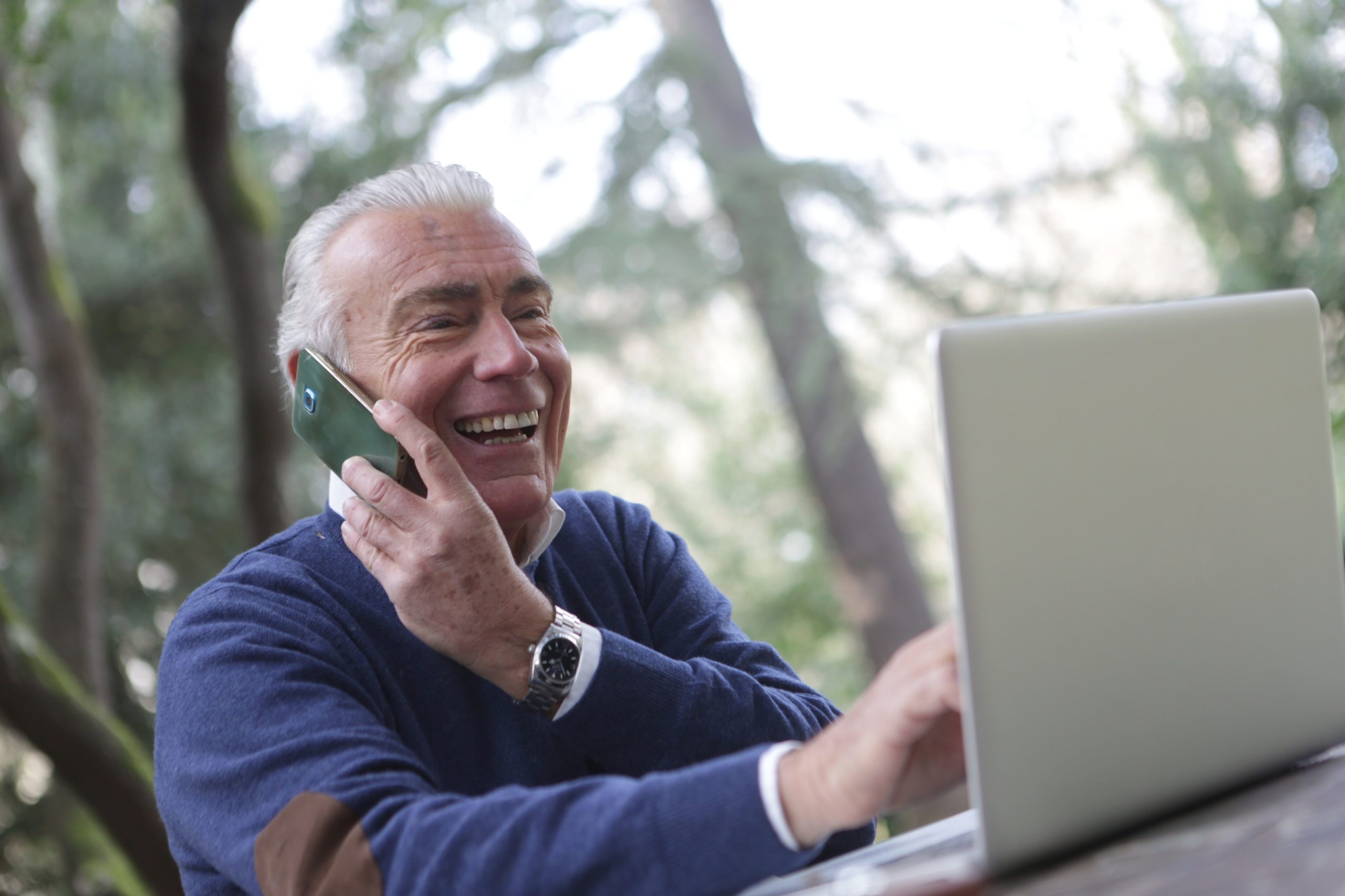How to Provide Safe and Secure Care for Alzheimer’s Patients

The image is not directly related to the article. It merely symbolizes the life of elderly people.
What are some safety measures to consider for Alzheimer’s patients?
How can you prevent Alzheimer’s patients from wandering?
To prevent Alzheimer’s patients from wandering, consider installing door alarms, using GPS tracking devices, placing locks high up on doors, and keeping the patient’s ID and contact information on them at all times.
What are some ways to ensure medication safety for Alzheimer’s patients?
Some ways to ensure medication safety for Alzheimer’s patients include labeling all medications clearly, using a pill dispenser, setting reminders for medication times, and keeping all medications out of reach and sight of the patient.
How can you make the home environment safer for Alzheimer’s patients?
To make the home environment safer for Alzheimer’s patients, consider installing grab bars in bathrooms, removing any large or sharp objects, using non-slip mats, and keeping the home well-organized and clutter-free.
What should you do in case of an emergency with an Alzheimer’s patient?
In case of an emergency with an Alzheimer’s patient, it’s important to have an emergency plan in place and to make sure all caregivers are trained on how to handle the situation. It’s also important to keep a list of emergency contact numbers and to have a first aid kit readily available.
Alzheimer’s disease can be a challenging and overwhelming condition to manage, both for the patient and their caregivers. Providing safe and secure care for Alzheimer’s patients requires careful planning, attention to detail, and a commitment to ensuring their well-being. In this article, we’ll explore some key safety measures and tips for taking care of Alzheimer’s patients at home.
What are some safety measures to consider for Alzheimer’s patients?
To provide a safe environment for Alzheimer’s patients, it’s important to remove any tripping hazards, install handrails, keep the home well-lit, lock up any harmful objects, and install a home security system. Removing tripping hazards like loose rugs or electrical cords can help prevent falls, while handrails in hallways and stairways can provide support and stability. Keeping the home well-lit can help prevent confusion and disorientation, while locking up any harmful objects like knives or cleaning supplies can prevent accidents. Installing a home security system can provide peace of mind and help prevent wandering.
How can you prevent Alzheimer’s patients from wandering?
Wandering is a common problem among Alzheimer’s patients, and it can be dangerous if they become lost or disoriented. To prevent wandering, consider installing door alarms, using GPS tracking devices, placing locks high up on doors, and keeping the patient’s ID and contact information on them at all times. Door alarms can alert caregivers if a patient tries to leave the house, while GPS tracking devices can help locate them if they do wander. Locks placed high up on doors can be difficult for patients to reach, while keeping their ID and contact information on them can help ensure a safe return home.
What are some ways to ensure medication safety for Alzheimer’s patients?
Managing medication can be challenging for Alzheimer’s patients and their caregivers. To ensure medication safety, it’s important to label all medications clearly, use a pill dispenser, set reminders for medication times, and keep all medications out of reach and sight of the patient. Clear labeling can help prevent confusion and ensure that the patient takes the correct medication at the right time. A pill dispenser can help keep medications organized and prevent missed doses. Setting reminders for medication times can help ensure that the patient takes their medication on schedule. Keeping all medications out of reach and sight of the patient can prevent accidental ingestion or overdose.
How can you make the home environment safer for Alzheimer’s patients?
Creating a safe and comfortable home environment is important for the well-being of Alzheimer’s patients. To make the home environment safer, consider installing grab bars in bathrooms, removing any large or sharp objects, using non-slip mats, and keeping the home well-organized and clutter-free. Grab bars can provide support and stability in the bathroom, while removing large or sharp objects can prevent accidents. Non-slip mats can help prevent falls, while keeping the home well-organized and clutter-free can reduce confusion and disorientation.
What should you do in case of an emergency with an Alzheimer’s patient?
In case of an emergency with an Alzheimer’s patient, it’s important to have an emergency plan in place and to make sure all caregivers are trained on how to handle the situation. It’s also important to keep a list of emergency contact numbers and to have a first aid kit readily available. An emergency plan should include instructions for what to do in case of a medical emergency, a fire, or a natural disaster. Caregivers should be trained on how to administer first aid, perform CPR, and use any medical equipment the patient may need. Keeping a list of emergency contact numbers can help ensure that help is quickly available in case of an emergency. Having a well-stocked first aid kit can help treat minor injuries and prevent them from becoming more serious.
The image is not directly related to the article. It merely symbolizes the life of elderly people. What are some safety measures to consider for Alzheimer’s patients? Some safety measures to consider for Alzheimer’s patients include removing any tripping hazards, installing handrails, keeping the home well-lit, locking up any harmful objects, and installing a home…
Recent Posts
- Empowering Caregivers: The Best Online and Offline Resources to Enhance Your Skills
- Traveling with a Purpose: The Rise of Volunteer Vacations
- Breaking Stigma: Dispelling Myths about Mobility Aids and Disability
- Avoiding Probate: How Trusts Can Simplify the Estate Settlement Process
- Senior Citizens Beware: Common Financial Scams and How to Stay Protected

